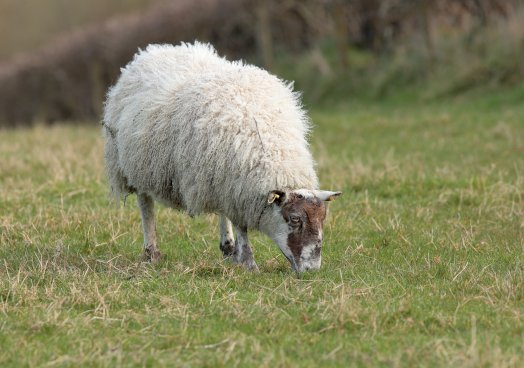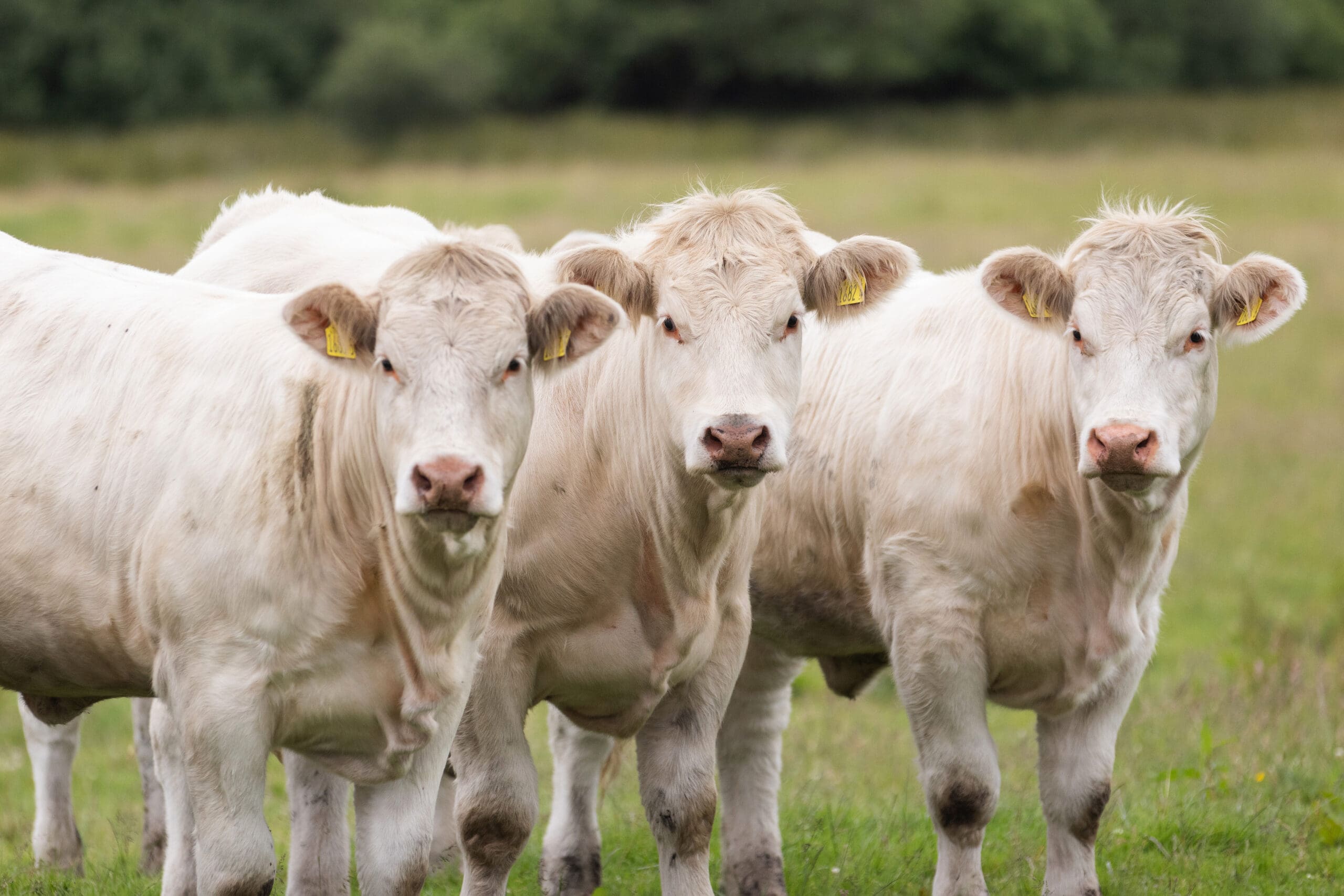
Commodity watch by policy officer Daryl McLaughlin.
The occurrence of sheep scab has become a much more common problem on farms in recent years. It’s critical that farmers are aware of the devastating effects that this condition can have on their flock. Flock owners need to give careful consideration in how to prevent scab entering their flocks and how to treat the disease properly.
Intense itching and wool loss are amongst the earliest signs visible to the farmer. However, this sometimes only occurs months after the initial infestation. In the more advanced stages of infection, animals lose their ability to thrive, suffer weight loss and death may follow after a period of time.
To avoid scab spreading to clean livestock, best practice is to employ quarantine for all incoming stock. This facilitates a period of careful monitoring, where a treatment option can be selected if required. Blood tests can be used to confirm diagnosis where there is any doubt as to the presence of scab on any animal.
Over 30 farmers are participating in the sheep scab scheme and are at various points on their journey and we would encourage more farmers to avail of this support. A funded pilot project has been available for farmers to avail of from the start of September and if the project manager at Animal Health and Welfare Northern Ireland (AHWNI) gives approval to a farmer who is having problems with sheep scab, he/she will then be able to avail of a dedicated veterinary consultation on farm, from their own veterinary practice. This project will not only cover the cost of the initial diagnosis visit, but also has a limited pot of money to assist with the treatment of infected animals. Funds are limited for this pilot project, but this is a unique opportunity to make inroads into a condition which is a burden to both animal welfare and to the farmer who often struggles to control outbreaks. In the first instance, interested farmers should contact Jennifer Martin at AHWNI on 07517599497 or email jenny.martin@animalhealthni.com.
If you are in any doubt as to whether scab is present in your flock, consult with your veterinary surgeon immediately to confirm a diagnosis. Whilst historically a stigma may have existed around the presence of scab within a flock, there is no need for a farmer to shy away from seeking professional advice. In fact, the only shame should be in not seeking appropriate help and guidance to promptly eradicate the condition. Whilst restrictions do apply to those flocks who report sheep scab, these restrictions only apply until after effective treatment has taken place.
There are only a small range of treatment options available for treating sheep scab and producers must act responsibly to protect these limited methods. Essentially farmers can choose from using injectable ivermectin based products or plunge dipping with organophosphate (OP) products. It is critical that showers and jetters are not used to apply OP products, and to do so is in fact illegal. By choosing to ignore this and continuing to shower with OP, scab mites would be exposed to a sub-lethal dose which not only ineffectively treats but encourages the development of resistance. This is a risk which cannot be taken, given the limited number of treatment options that exist.
Sheep scab is still currently a notifiable disease so if you participate in the scheme DAERA will have to be notified. DAERA will apply restrictions to your flock however these restrictions are not onerous. They are simply that you can’t move sheep only direct to slaughter on a licence from your local veterinary office and that you have to treat the sheep. After you treat the sheep, these restrictions are lifted, and you are free to sell than as you wish. No need for any testing, no need for specific visits from DAERA to check it is gone – your vet informs DAERA that the sheep are treated and DAERA list the restrictions.




